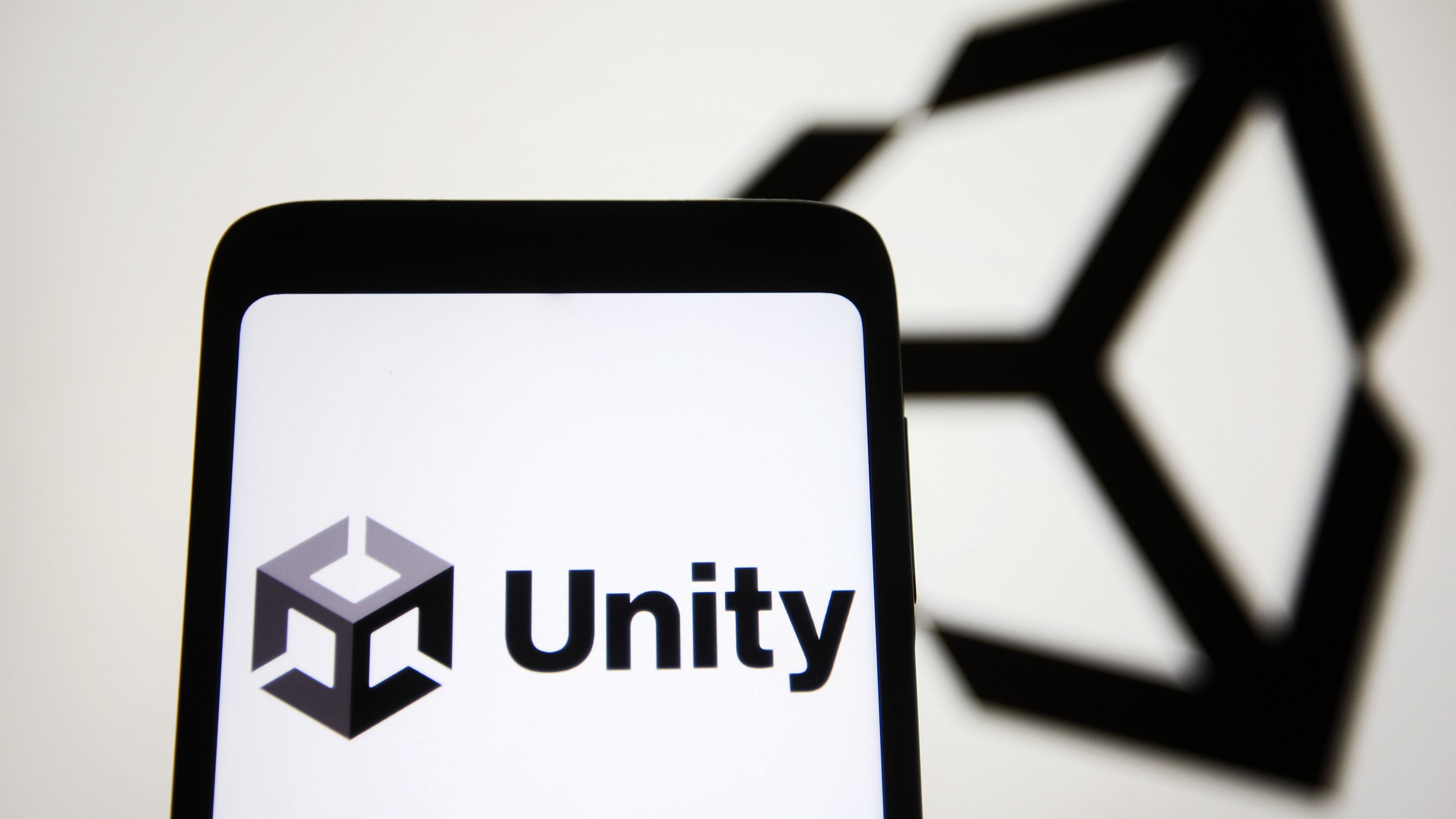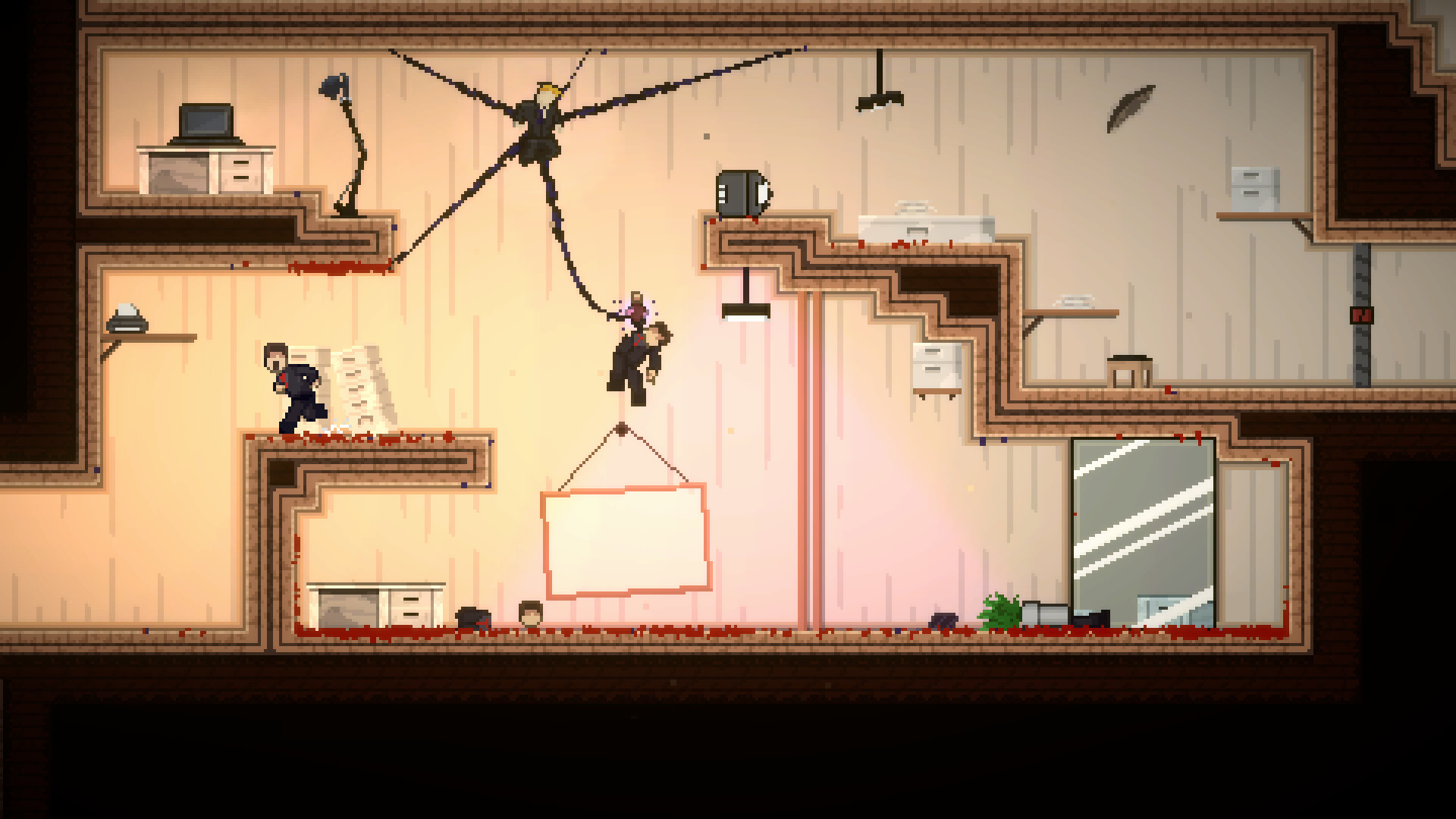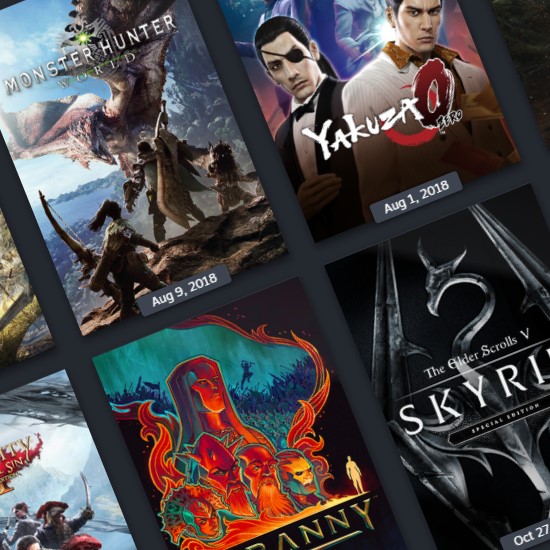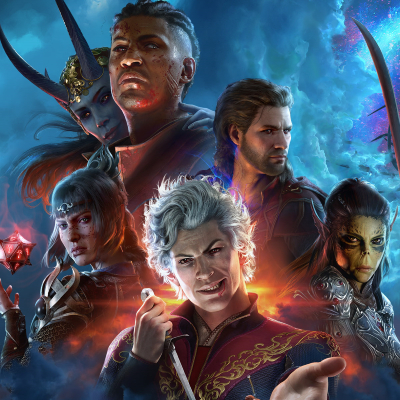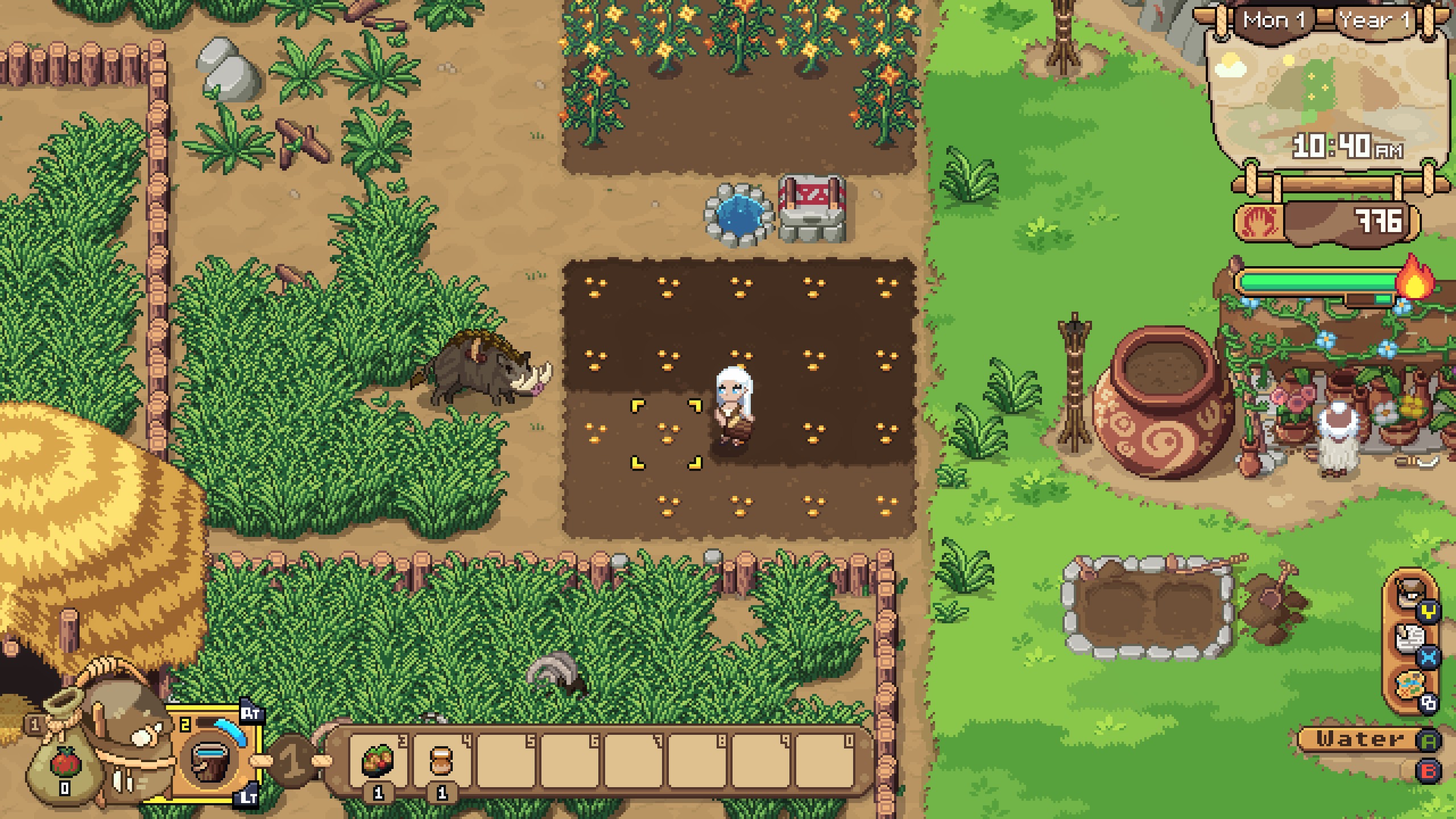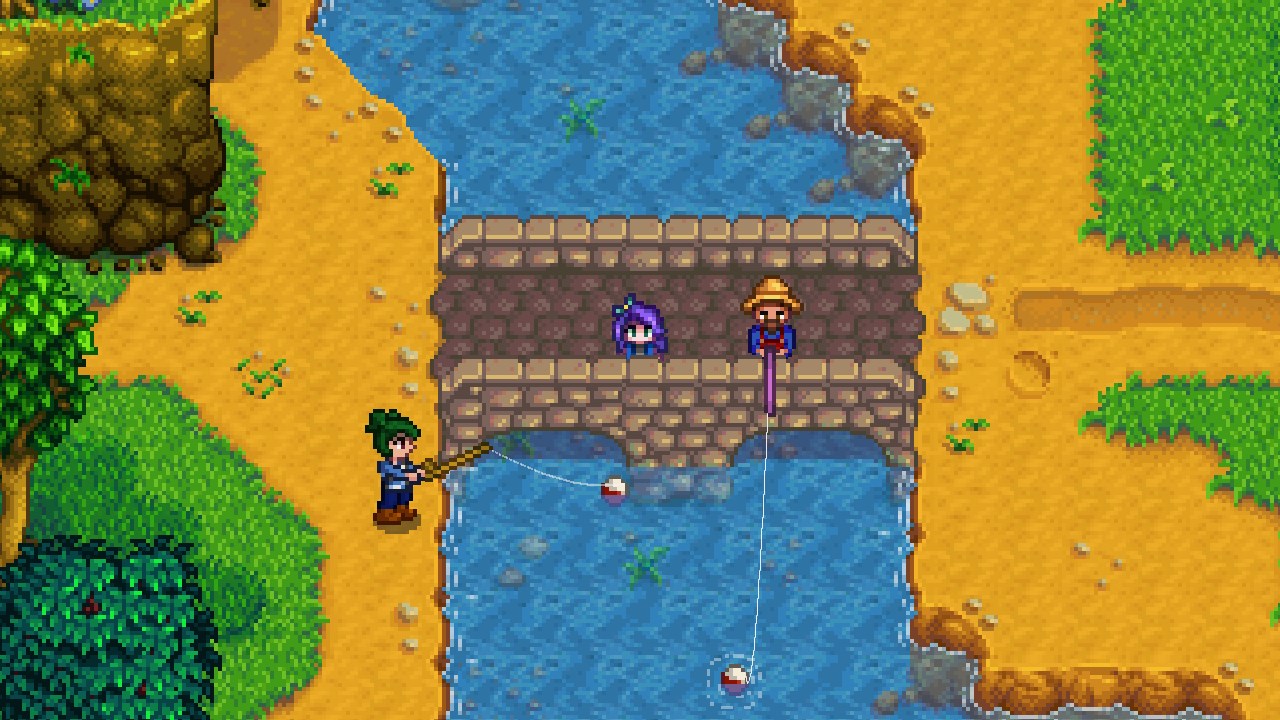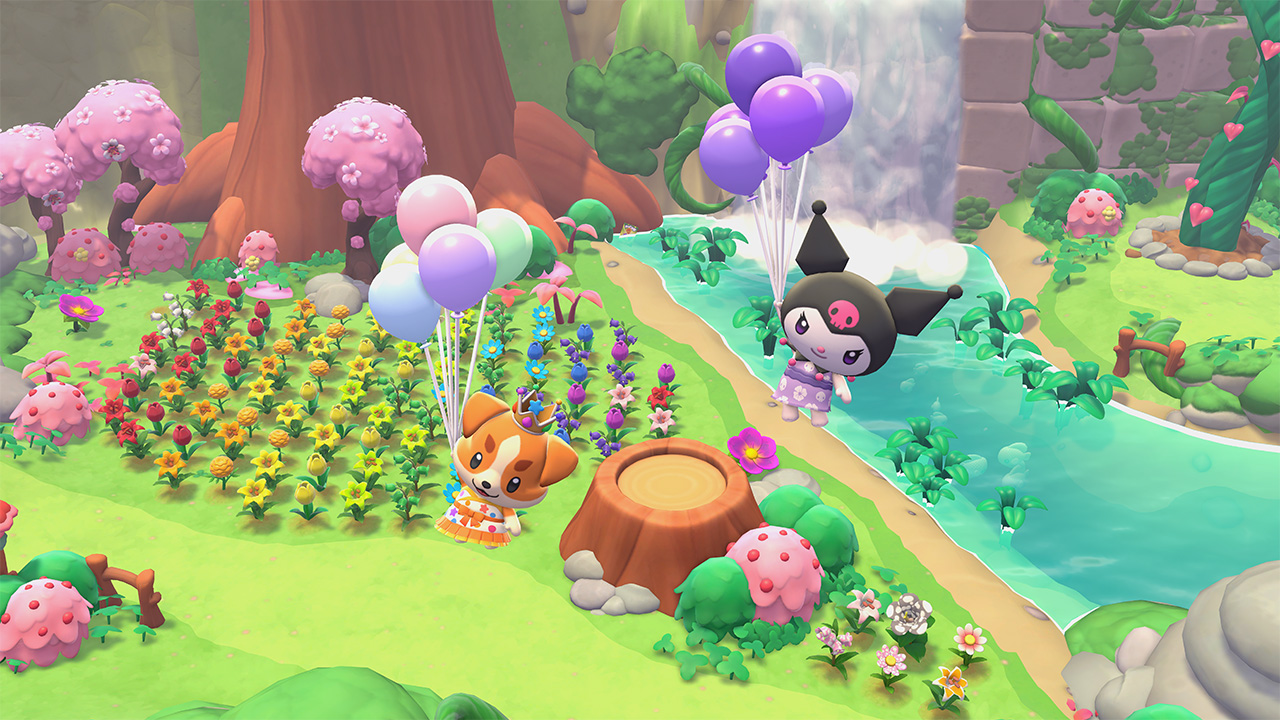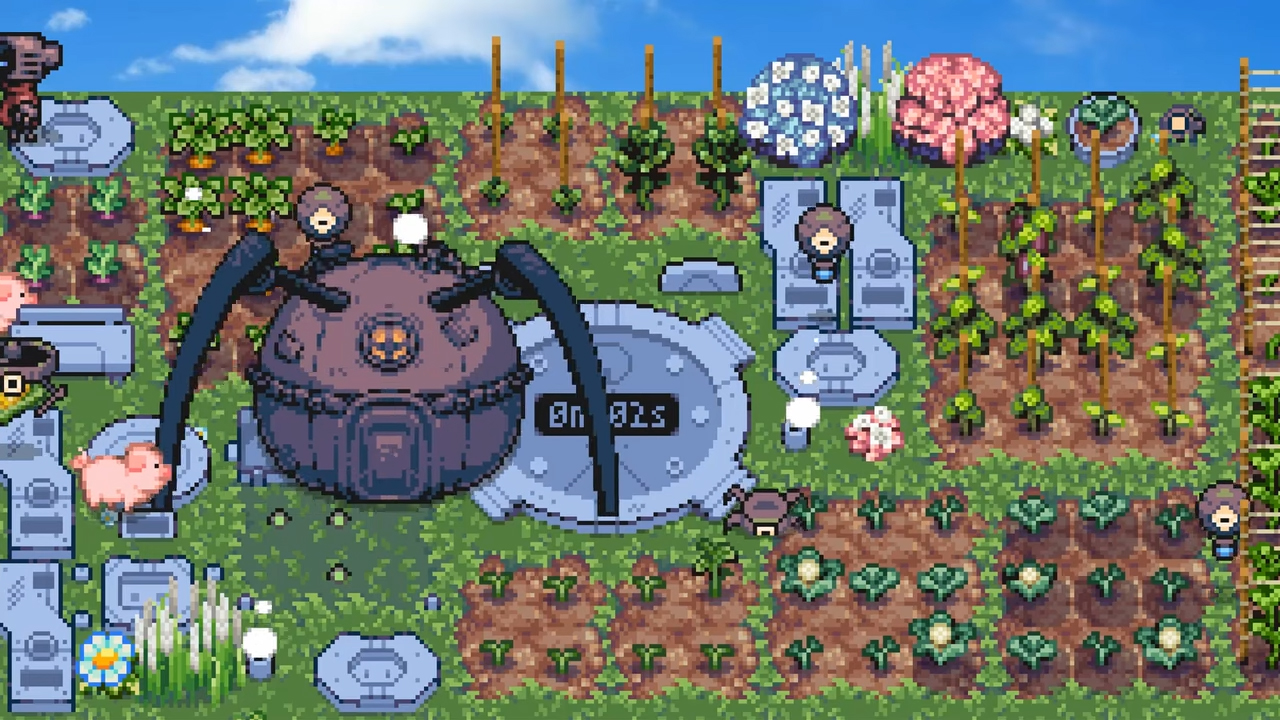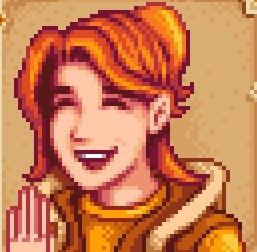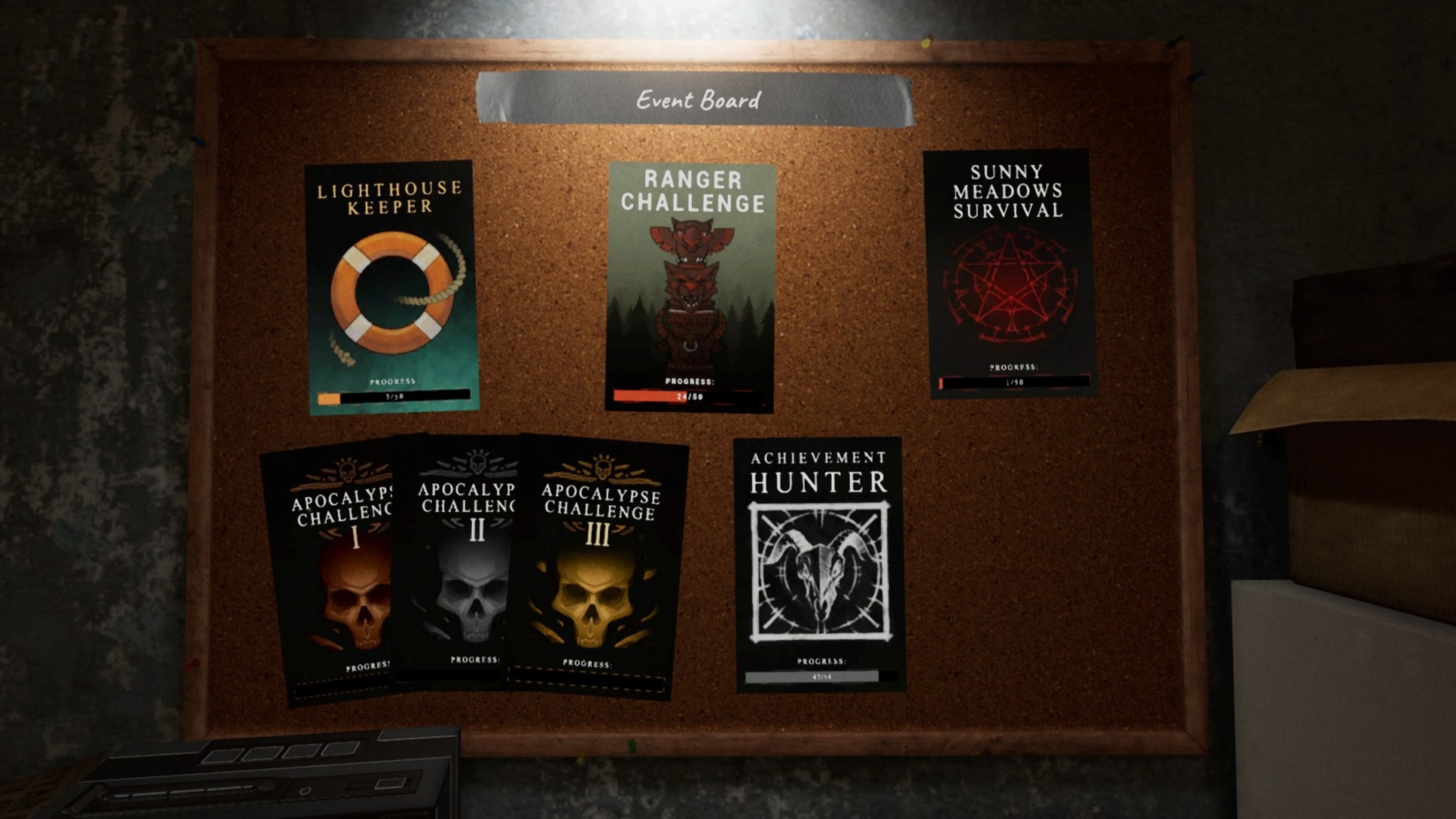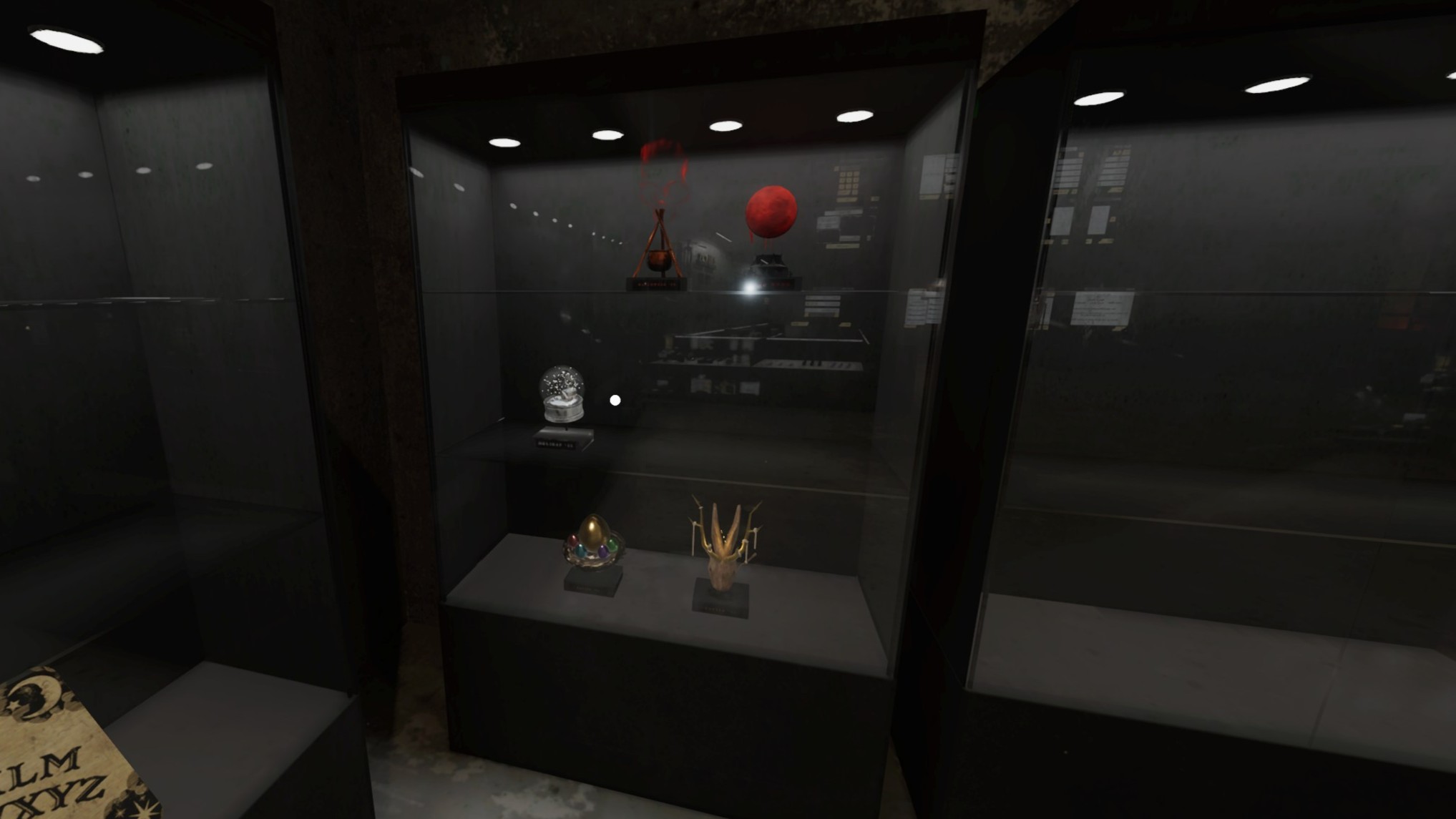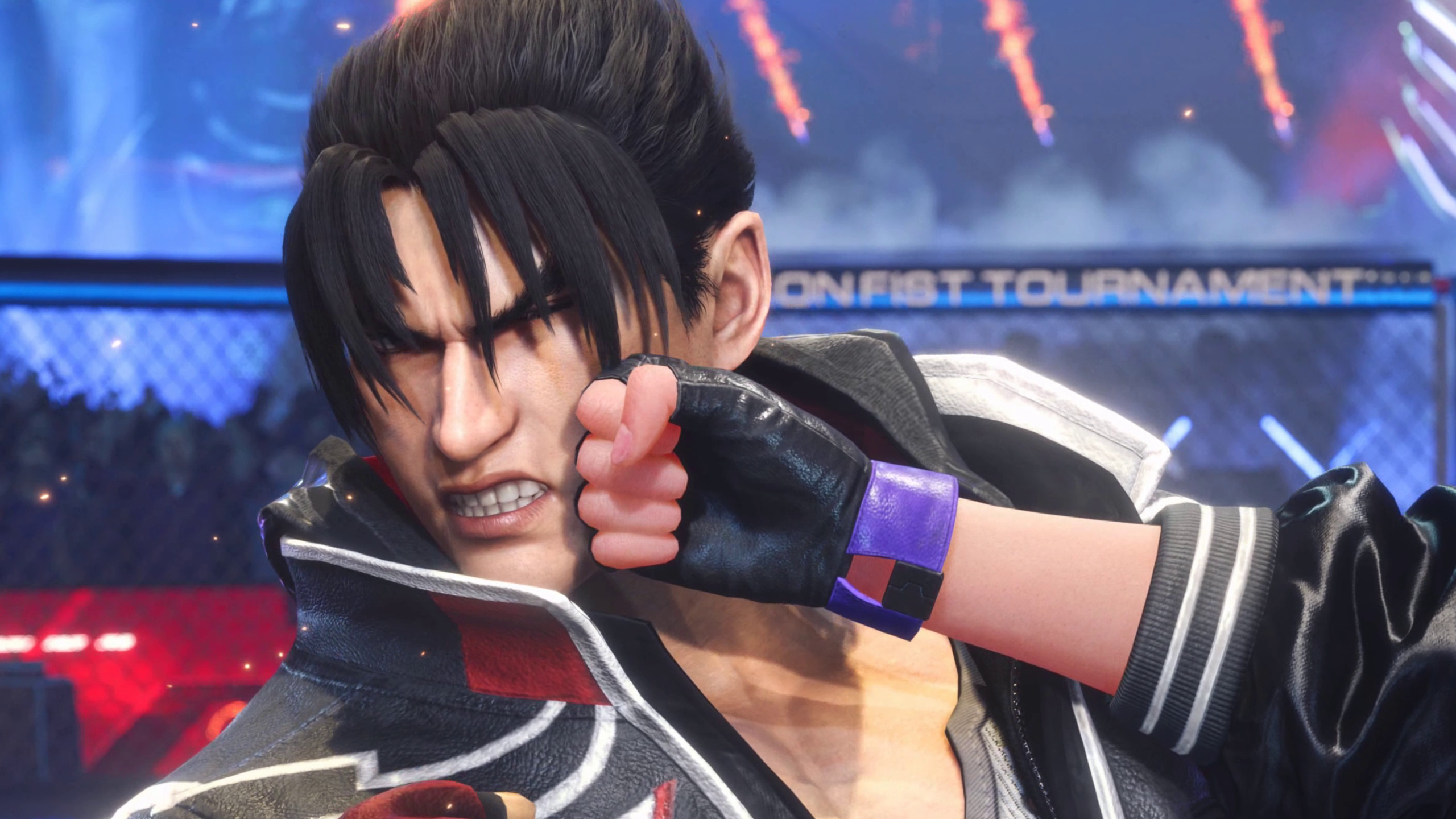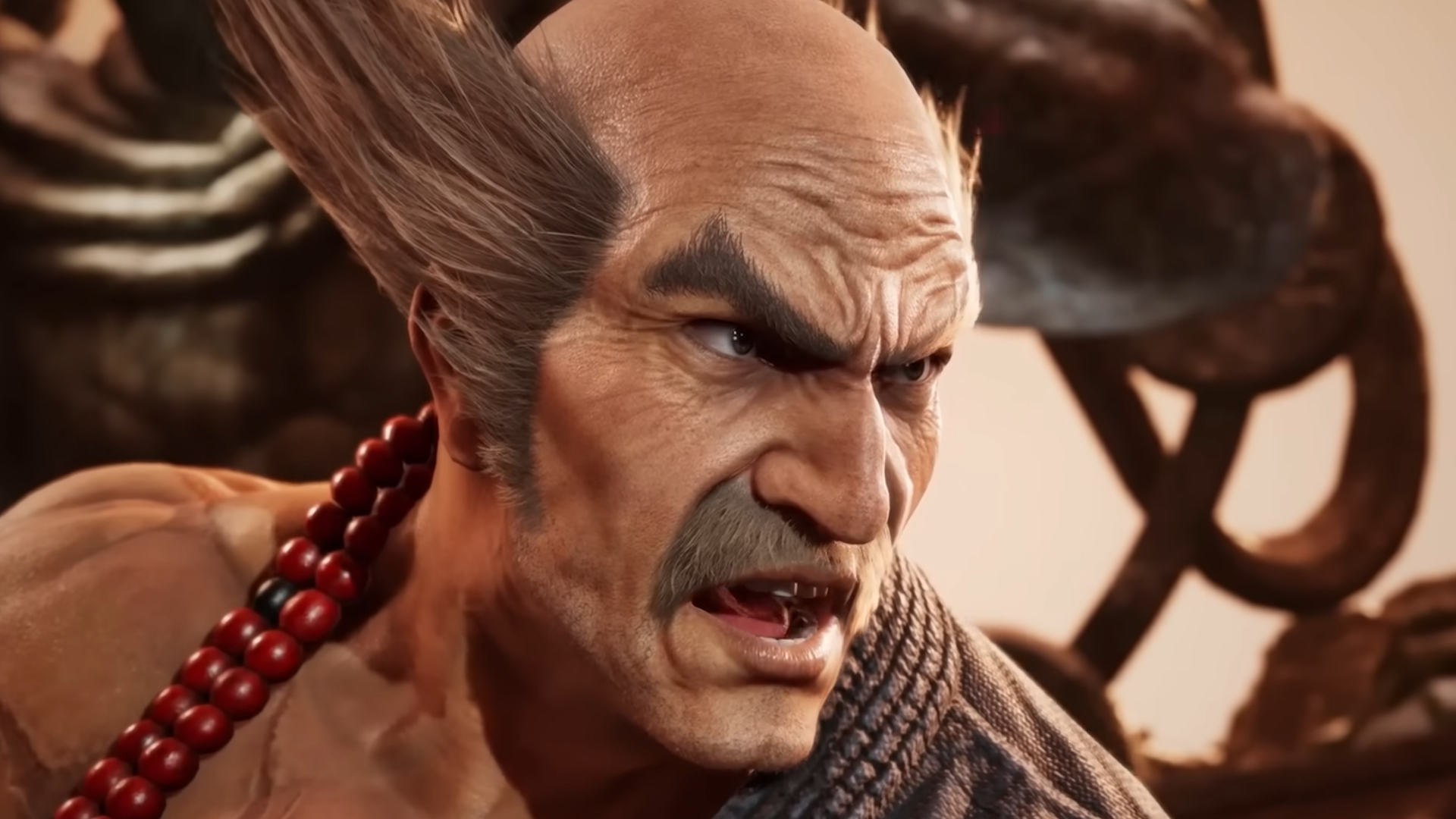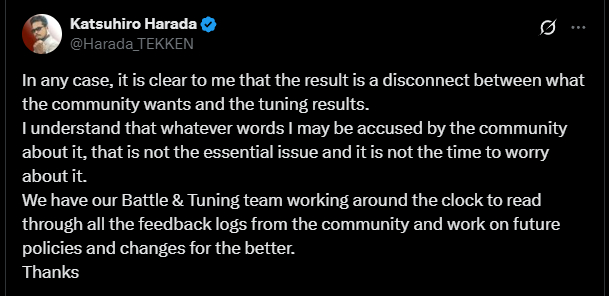I'm a PC evangelist through and through, but there are a few consoles that have stolen my heart over the years: The Game Boy Advance, the GameCube, and, in 2017, the Nintendo Switch. After skipping out on the 3DS and Vita, it reminded me how magical portable gaming can be. The Switch transmuted some hand-me-down mobile/tablet tech from the mid 2010s into a gaming juggernaut through singular hardware design and great games.
The Switch made me excited about Nintendo again, an enthusiasm that has steadily dwindled once more in the face of the company's belligerence toward emulator developers and out-of-touch, consumer-unfriendly practices like subscription-based emulation of its classic games library.
I don't know what the company's follow-up console could have been other than an iterative upgrade to the original Switch, one of the greatest successes in its long history, but on watching Nintendo's debut presentation for the console, I found my worst fears for it were realized: The magic is gone.
The original Switch gave me something I couldn't find anywhere else in 2017, while the Switch 2 joins the most recent two generations of PlayStation and Xbox consoles in failing to offer anything I can't find in more open, PC-based platforms, save a smattering of exclusive games—the stick of console exclusivity rather than the carrot of a truly desirable device.
The Deck effect
When the Switch 1 launched, Nintendo was an extreme underdog whose hardware business was in jeopardy. It released a handheld console into a market with virtually no competition, with some wondering if dedicated handhelds were on their way out in the face of smartphone gaming.
Much like how tablets failed to kill the PC in the early 2010s thanks to their inability to match or exceed PC functionality, it turns out phones aren't a one size fits all solution for on-the-go gaming. Mobile gaming is the largest segment of the industry today, but on the back of experiences tailor-made for a touch interface.
Console or desktop-style games curdle in the face of that awful little touchscreen controller facsimile you always see, and attempts to port triple-A games to new iPhone models that lap the Switch several times over in terms of processing grunt continue to flop.
Thanks to its USB-C dock, the Switch found a unique niche as a sub-par home console and superb handheld. With the recent flowering of handheld PCs, spearheaded by Valve's Steam Deck, the Switch 2 is launching amid much stiffer competition. I have no doubt that a Switch 2 sales "failure" would still dwarf the entire handheld PC market in terms of units sold, but as a critic and enthusiast, the product doesn't, well, enthuse me.
Nintendo's first party games aside, the promise of on the go, triple-A gaming on the Switch 2 sounds just as compromised as on PC handhelds.
The Switch 2 distinguishes itself from the competition with a thin, svelte frame, and even though it's an LCD, its 120hz HDR screen sounds like it could trade blows with the category-leading Steam Deck OLED. Otherwise, though, Nintendo seems to be hitting the same hard limits with current tech as handheld PC manufacturers. The quoted battery life of two to six and a half hours is standard in the field, and its 256 GB onboard storage only sounds impressive in the face of the original Switch's downright miserly 32.
In terms of graphics and gaming performance, early reports remind me of the original Switch: Some truly dark wizardry with the hardware from first party Nintendo devs, with third party standards upgraded to "passable" from the original Switch's dreadful, muddy ports.
I can't deny I'm impressed by Retro Studios' 4k 60 fps (or 1080p 120 fps) work on the gorgeous Metroid Prime 4, but that will surely be as much of an outlier as the Metroid Prime Remake's perfect 900p 60 fps on the original Switch. Bloomberg's Jason Schreier reported from a Switch 2 preview event that Cyberpunk 2077 ran at 40 fps in its performance mode while docked—superior to its Steam Deck performance, but handheld would be more of an apples to apples comparison, and this figure doesn't inspire confidence.
Killer app
Nintendo's first party games aside, the promise of on the go, triple-A gaming on the Switch 2 sounds just as compromised as on PC handhelds: The games will look and run "fine" while rapidly chewing through your battery. But I've never seen taking worse versions of graphically intensive new (or six month to five-year-old) games on the road to be the true draw of the Switch or PC handhelds.
For me, there were three pillars to the Switch's appeal: Nintendo first party games, ports from the Xbox 360 era or prior, and indies. The Steam Deck is a superior machine for handling the latter two categories, and I've rarely dusted off my Switch in the past few years except to enjoy Nintendo's own offerings.
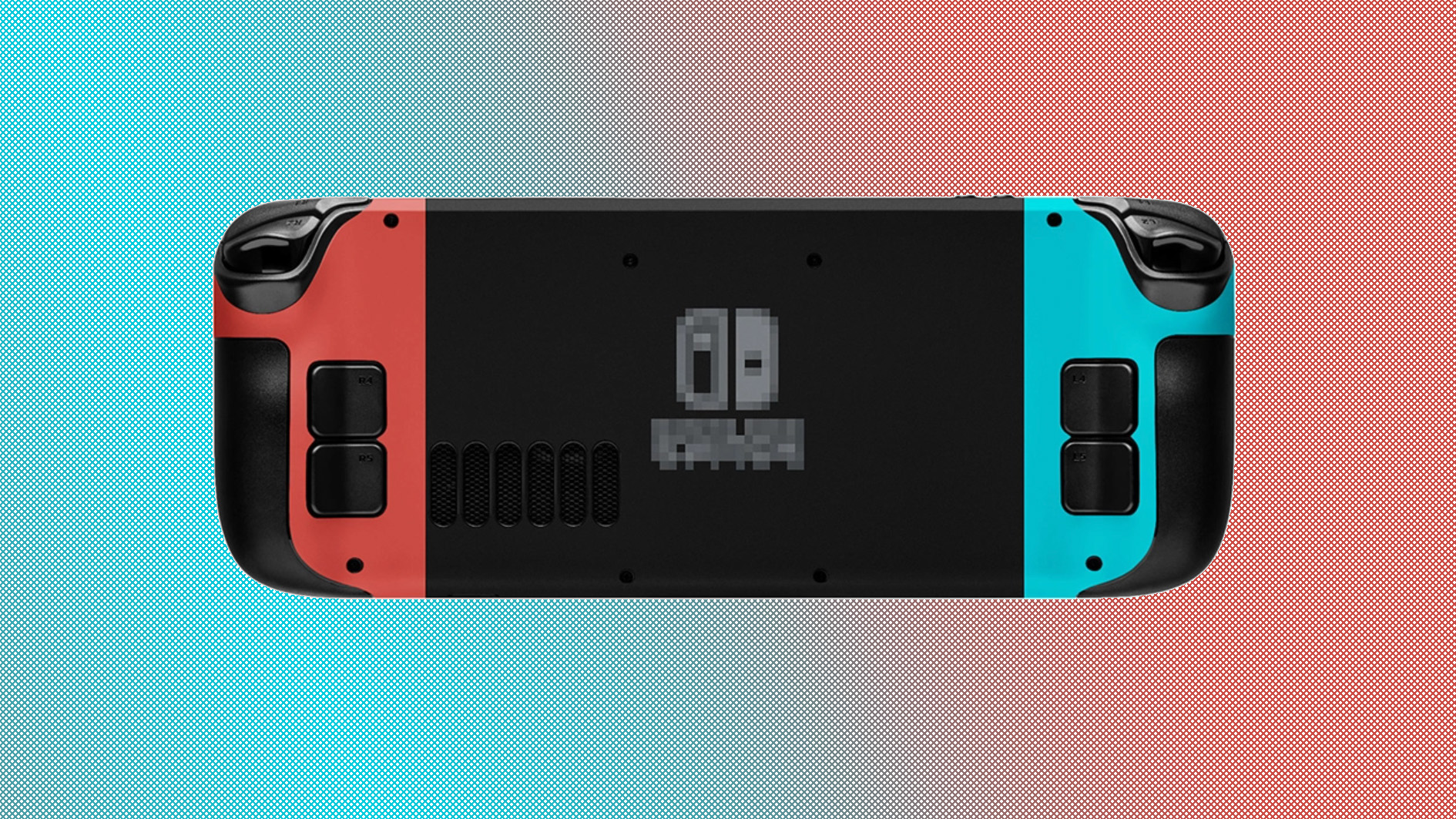
(Image credit: Dbrand)
I recall waiting for months for ports of Dark Souls and Hollow Knight to finally land on Switch in 2018. Meanwhile, with some exceptions, even obscure indie oddities like Betrayal at Club Low, Lunacid, or FlyKnight work on Steam Deck with little fuss. Ditto for lower-intensity triple-A games from 10+ years ago like Metal Gear Solid 5, Deus Ex: Human Revolution, or Mass Effect—all games that would have been a great fit for the Switch.
Nintendo's insistence on squandering its library in an insulting subscription emulation service is an utter abomination to me.
Not having to wait for a port of a game to play it on a handheld PC touches on something truly critical for me: The PC's nature as an open platform with unbroken continuity back to its earliest games. Console ecosystems like the Switch leave us at the mercy of publishers for what games we can access to a far greater extent than on PC, compartmentalizing gaming history in a way that those publishers exploit to resell us games we've already bought in order to play them on more accessible platforms.
Old games coming to GOG or Steam, or otherwise getting remastered by someone like Nightdive, is always a good thing. But I could hook a USB disc drive up to my desktop or even Steam Deck to take advantage of my physical PC games that managed to survive the years, various moves, and one particularly tragic basement flood. Thanks to emulator developers, I can do the same with ISOs and ROMs extracted from my console game collection.
By contrast, Nintendo's insistence on squandering its library in an insulting subscription emulation service is an utter abomination to me, while original Nintendo Switch back compat still seems to be a bit of an open question: Digital Foundry has pointed out that many third-party Switch games have documented issues already acknowledged by Nintendo, with many more appearing to require additional testing.
Nintendon't
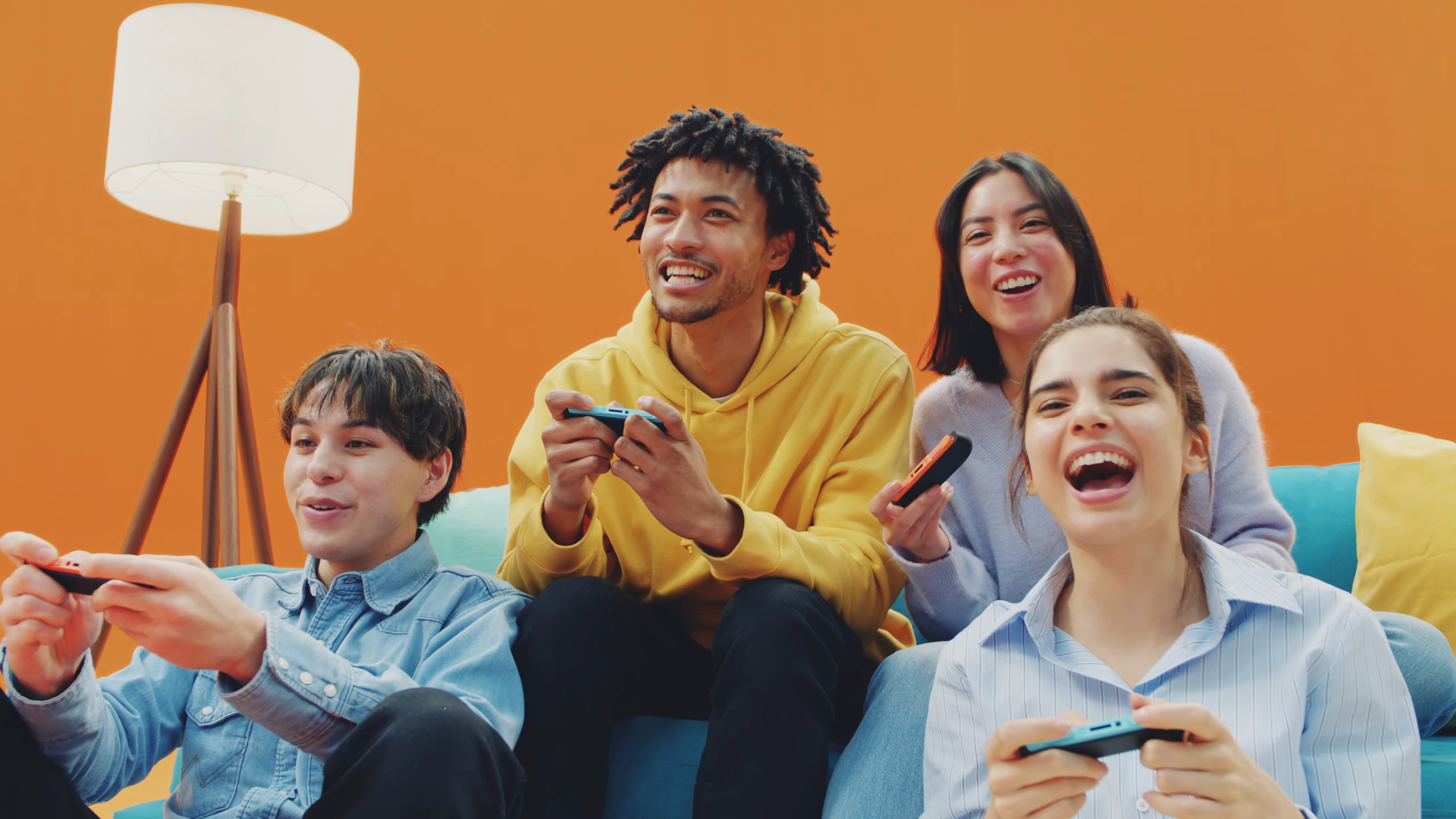
(Image credit: Nintendo)
I fully understand the plug and play appeal of consoles, something that has increasingly vanished in the face of ubiquitous online services and day one patches. I'm staunchly against Windows handhelds, whose degraded, crappy user experiences trigger a similar revulsion in me as those touch screen simulated gamepads.
But SteamOS and the Steam Deck represent to me the sweet spot of a console-style, user-friendly frontend with no compromise on user control: I can load up ROMs, 20-year-old physical PC games, or even games from competing digital storefronts on my Steam Deck with minimal technical know-how. Similar freedom on a launch Nintendo Switch requires jailbreaking the system with a positively medieval method where you physically short the Joy Con rail with a paperclip.
Cost is always something I want to be cognizant of as a barrier to PC gaming, but despite the current derangement around graphics card pricing, low to mid-range hardware provides more mileage now than at any point in the history of the hobby—the 10-year-old GTX 970 still shows up in some triple-A games' minimum specs.
Best of the best
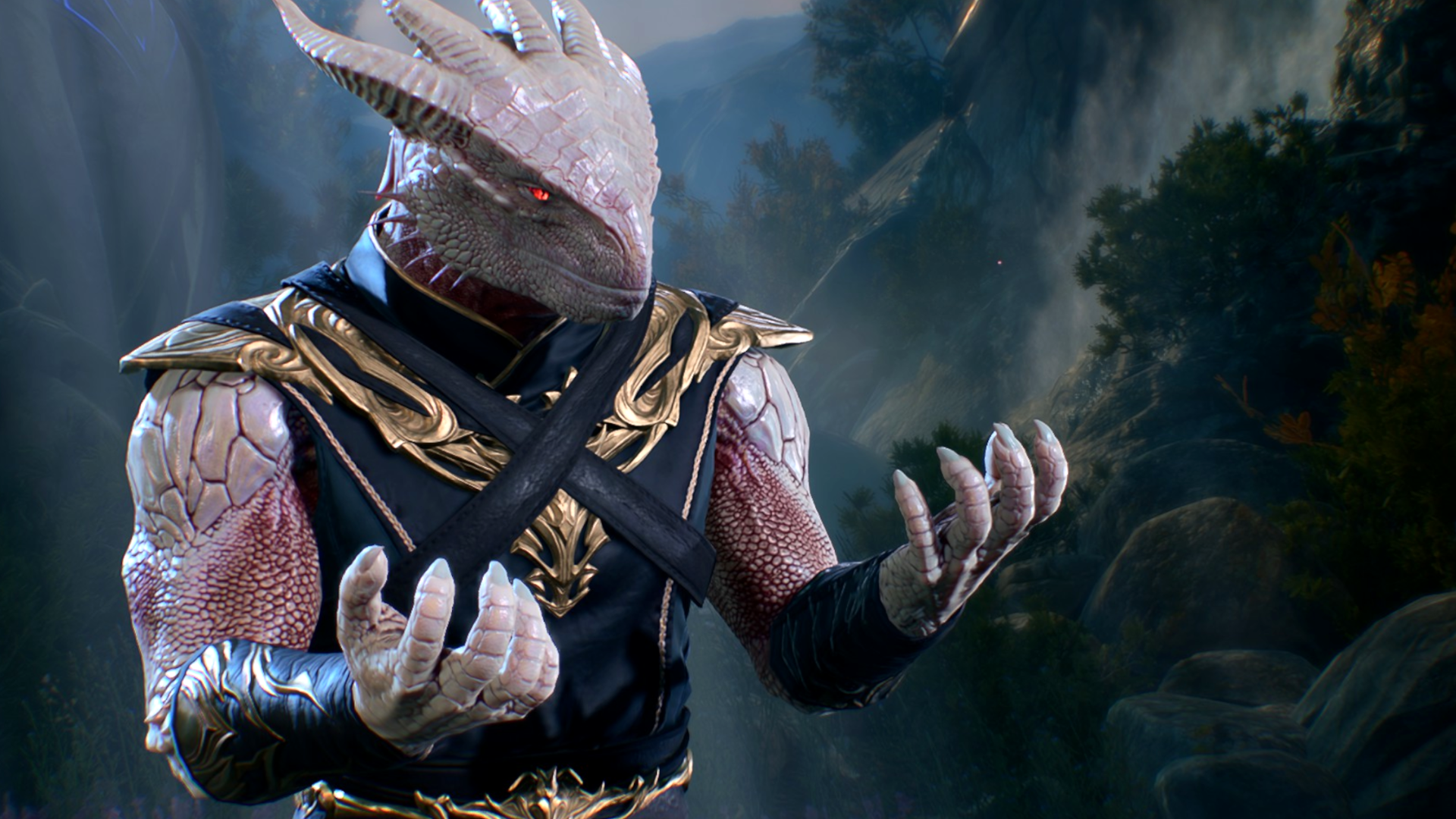
(Image credit: Larian Studios)
2025 games: Upcoming releases **
** Best PC games: All-time favorites
Free PC games: Freebie fest
Best FPS games: Finest gunplay
Best RPGs: Grand adventures
Best co-op games: Better together
[Content truncated due to length...]
Posted from PCGamer latest RSS feed, see !meta@rss.ponder.cat
